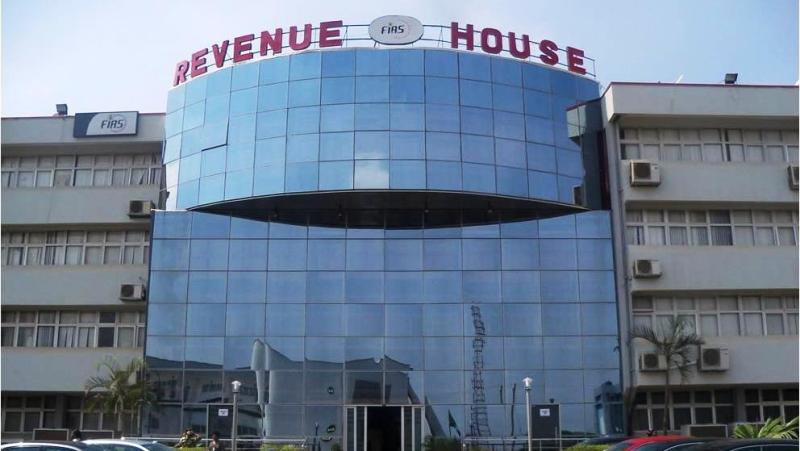
In 2009, late President Umaru Yar’adua mandated the Revenue Mobilisation Allocation and Fiscal Commission (RMAFC) to review remuneration packages for political office holders in the executive, judiciary and legislative arms of government. The step was as a result of the dwindling fortunes in oil revenue, external reserves, GDP, growth rate, rate of inflation and “the need for a living image”.
The Commission came up with a report which suggested that there should be major adjustments especially in remunerations for public office holders as it became evident from analysis of the macro economic factors and variables, that the national revenue profile could no longer sustain the current level of expenditure on recurrent costs.
RMAFC concluded that as the nation has two major sources of revenue from oil, taxations and duties. It recommended that drastic changes needed to be carried out. Hence, the need for the downward review of the remuneration package as contained in the Commission’s 2007 Report and the “Certain Political, Public and Judicial Office Holders (Salaries and Allowances, etc.) (Amendment) Act, 2008.
Part of the recommendation was that apart from scaling down the total amount accruable to public office holders in all tiers of governments, from the federal, state and local government levels, the hardship allowance of the President and his Vice be reduced from 50% to 30% , the fleet of vehicles of the Senate president and Speaker reduced also. Constituency allowances of Senators and members of House of Representative were reduced from 250% of their annual basic salary to 125% and 150% to 75% respectively.
Furthermore, the Commission also saw the need for the reduction in the number of staff under the guise of Personal Assistants and Special Advisers to political office holders as they usually pay huge sums to keep these people in employment. And to top this as well, public office holders go on numerous foreign trips at the expense of the government purse and there was a need for the number of foreign trips to reduce the number of people in their entourage when they travel.
The report noted that there was the acquisition and use of assets such as motor vehicles far in excess of what is approved for official use; e.g. government parastatals and agencies purchasing project vehicles and eventually handing over same to their parent ministries as a way of circumventing the remuneration package. The Commission strongly advised against this, as these were ways the nation was being bled dry.
The Commission also recommended that more of the country’s resources be expended on capital projects as against recurrent expenditure, of which over 50 percent of the revenue on federal, state and local government levels are expended on recurrent expenditure.
The issue of dependency on oil was also addressed with the commission urging for diversification of the economy as well as blockage of leakages through non-remittance of revenue by ministries, agencies and department of government along with indiscriminate waivers that deny the country of some good revenue.
But since 2009 till date, approximately seven and half years, most of the recommendations have not been implemented. In fact, it was jettisoned as soon as Yar’Adua fell ill and eventually died.
Apart from the Fiscal Responsibility Commission which said it was able to assess and cause the payment of a total operating surplus of N259.59bn between 2009 and 2013 from ministries, departments and agencies, which would not have been remitted if the FRC Act had not been enforced.
The economy still has not been diversified as the mainstay of Nigeria’s economy before the oil boom and although some progress has been made in the agricultural sector, it was yet to be fully restored to its previous glory. Much progress has equally not been made in the mines and steel sector.
There are still leakages in MDAs as there are accusations, especially against the Ministry of Petroleum Resources which supervises Nigerian National Petroleum Corporation that $20 billion dollars was not remitted into the Federation Account over a period of two years. These are ways the nation is losing money
As regards to the budget preparation and implementation, the Commission advised that there is need to properly and clearly define the roles of the Executive and the Legislature. Conflict of roles can only be disruptive and may affect budget preparation and implementation. The Commission is therefore, advising that the Budget Office should be brought directly under the President with a Director of Budget or Special Adviser (Budget) working under the President. The Director of Budget or Special Adviser will take charge of coordination and liaising with the National Assembly throughout the Budget process. This will further ensure better budget performance and tracking.
